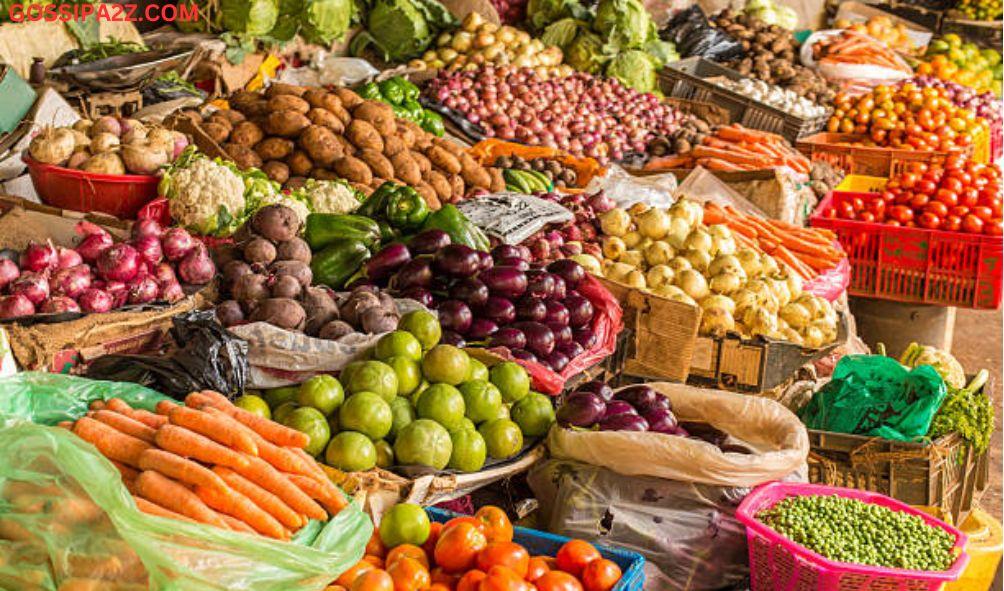Counties: Tax Hikes Planned to Boost County Revenue
As Kenya commemorates a decade since the decentralization of government power, the focus is on the efforts of counties to foster progress in their respective areas.
This week, amidst Kenyans’ dissatisfaction with the soaring cost of living, governors will be evaluating the situation at the Devolution Conference in Eldoret.
A decade ago, the initiation of devolution led to the decentralization of numerous governmental services and tasks to the counties. This included the delegation of responsibilities such as budget creation and financial administration.
Generating more income to support the growing budgets has proven to be quite challenging, as a significant number of counties are experiencing a similar problem to the national government: insufficient funds to cover their expenses.
While businesses experience the effects of a sluggish economy, counties have turned to raise taxes to support their operations in addition to the portion of revenue they receive from the National Treasury that can be distributed.
In the southern part of the Rift Valley, counties have integrated extensive tax hikes into their budgets for the fiscal year 2023-24.
An examination of the budgets formulated and approved by Narok, Nyandarua, and Kericho counties reveals that they have raised charges for parking and the collection of solid waste, as well as for the sale of livestock and horticultural products.
In Nyandarua, the focus of the latest tax adjustments is primarily on modest-sized creatures and agricultural processing sectors, to boost the region’s income generation. These changes involve the elimination of the previous administration’s incentives that were designed to attract investments.
Governor Kiarie Badilisha’s administration is committed to keeping in place the fees for permits and licenses that were initially introduced by the previous government led by Francis Kimemia.
ALSO READ: Borrowing Guidelines Between County Governments: Legal Insights
In addition to the lesser creatures, the taxation also encompasses vegetables, including items like cabbage that will incur taxes based on a per-unit basis.
The newly introduced fees encompass charges for transporting certain animals. For instance, transporting chicken and rabbit will incur a fee of Sh10, while moving a piece of cabbage will be subject to a charge of 50 cents. The transportation of cows and camels will result in a fee of Sh150, while for sheep and goats, the fee will be Sh50. Additionally, transporting donkeys and pigs will each incur a fee of Sh100.
Regarding horticulture, new fees have been implemented for items like grains and carrots, with costs ranging from Sh15 to Sh30 for each bag. Additionally, transporting a tonne of produce such as green maize, onions, green peas, and other vegetables in or out of the county to other markets will incur a fee of Sh400.
Additionally, the exportation of horticultural products is being aimed at a rate of Sh400 per tonne. The government has also decided to maintain market fees, which traders perceive as a form of dual taxation.
Luxury hotels offering villas and cottages, but abstaining from alcohol service, will be required to pay an annual license fee of Sh100,000.
Individuals who previously enjoyed tax exemptions as owners of private parking lots will now have an obligation to make annual payments ranging from Sh15,000 to Sh80,000 per business.
Internet service providers in the commercial sector are required to remit Sh17,250, while commercial enterprises equipped with large format printers will be charged Sh20,000 to obtain a permit.
Narok County’s objective is to generate an impressive sum of Sh4.5 billion within the yearly budget of Sh15 billion. A significant portion of this revenue is anticipated to originate from the Maasai Mara National Game Reserve.
ALSO READ: KEBS Clarifies CEO’s Remark on Untested Supermarket Products
David Ole Muntet, the Executive in charge of Finance and Economic Planning for the county, mentioned their goal is to attain a sum of Sh9.2 billion from the park.
The cost for entering the park has been evaluated and standardized at $100 per person for the off-peak period, and $200 during the peak season.
“We have increased the charges for adults per person from $70 currently charged to clients residing in facilities within the game reserve and $80 currently charged to clients residing in facilities outside the game reserve,” Mr Muntet said.
The budget suggests raising the fine for initial instances of off-road driving in Maasai Mara from Sh20,000 to Sh50,000 to deter this behavior. Additionally, it proposes an increase in the fine for those who repeatedly engage in off-road driving, raising it from Sh30,000 to Sh70,000.
After the construction and inauguration of Narok Bus Park for general utilization, Muntet suggested an increase in the monthly fee for stall renters from the current amount of Sh600 to Sh2,500 per stall.
The operations and maintenance sector received a budget of Sh5.347 billion, whereas Sh4.573 billion was allocated to development, constituting 30% of the total budget.
Governor Erick Mutai in Kericho has delineated a comprehensive strategy to enhance revenue generation.
Having a yearly budget of Sh8.9 billion, the county’s objective is to produce Sh530.1 million from its internal income sources. Among the main methods, leasing out county land will be a significant approach. As per the provisions of the Finance Act, the county intends to impose a fee of Sh3,200 for each acre leased.
Counties: Tax Hikes Planned to Boost County Revenue
